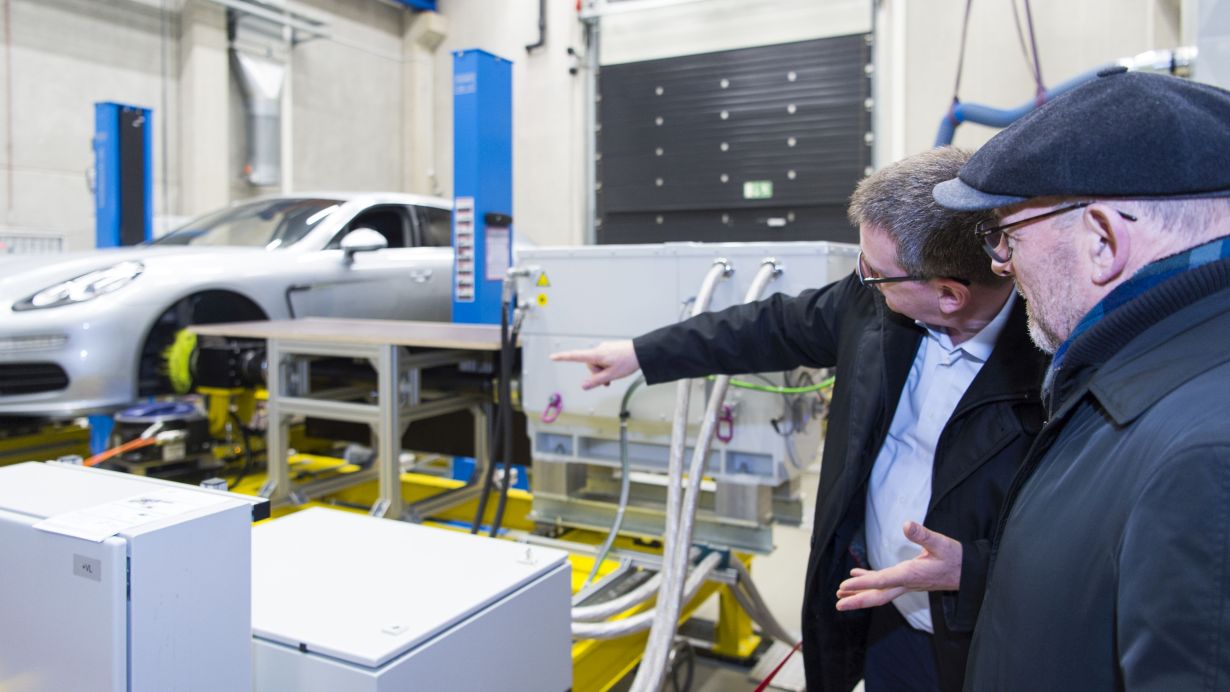“Hört auf die Wissenschaft” (listen to science) is a popular demand to politics. But how can scientific findings be translated successfully into political acting? This question will be in the focus of the Colloquium Fundamentale “Science in Politics. On the Potentials and Problems of a Complex Relationship.” The lecture series of ZAK I Centre for Applied and General Studies of Karlsruhe Institute of Technology (KIT) will be opened by Professor Senja Post, new Scientific Director of ZAK, on Thursday, October 28, 2021, 18.00 hrs, live on ZAK’s YouTube channel: www.youtube.de/ZAKVideoclips
Science is an important resource of modern society: Scientists identify problems, such as the spreading of viruses, malnutrition, or climate change, and develop ways to cope with them by vaccinations, new breeding technologies, or CO2-free drive trains. However, societies can use this resource only, if politics uses the scientific findings to make reasonable decisions. How well does that work and how can that be improved?
Discussion on the Relationship of Science and Politics
At the Colloquium Fundamentale, experts of various disciplines will discuss the relationship of science and politics. “The challenge already starts with the question of the extent to which science and politics are compatible,” says Professor Senja Post, Scientific Director of the series. “Politicians are not the executive power of science. During the Colloquium Fundamentale we want to discuss target conflicts, scientific advising of politics, and the role of media.” In her introductory lecture, Post will speak about contributions by the media and researchers to the politicization of science in public debates on the environment and technology. She will highlight the relationship between public, science, and politics, which will then be deepened in the course of the lecture series.
For the program and information on the Colloquium Fundamentale, click www.zak.kit.edu/colloquium_fundamentale.
The lectures will be held in German and transmitted online via ZAK’s YouTube channel: www.youtube.de/ZAKVideoclips
In close partnership with society, KIT develops solutions for urgent challenges – from climate change, energy transition and sustainable use of natural resources to artificial intelligence, sovereignty and an aging population. As The University in the Helmholtz Association, KIT unites scientific excellence from insight to application-driven research under one roof – and is thus in a unique position to drive this transformation. As a University of Excellence, KIT offers its more than 10,000 employees and 22,800 students outstanding opportunities to shape a sustainable and resilient future. KIT – Science for Impact.

